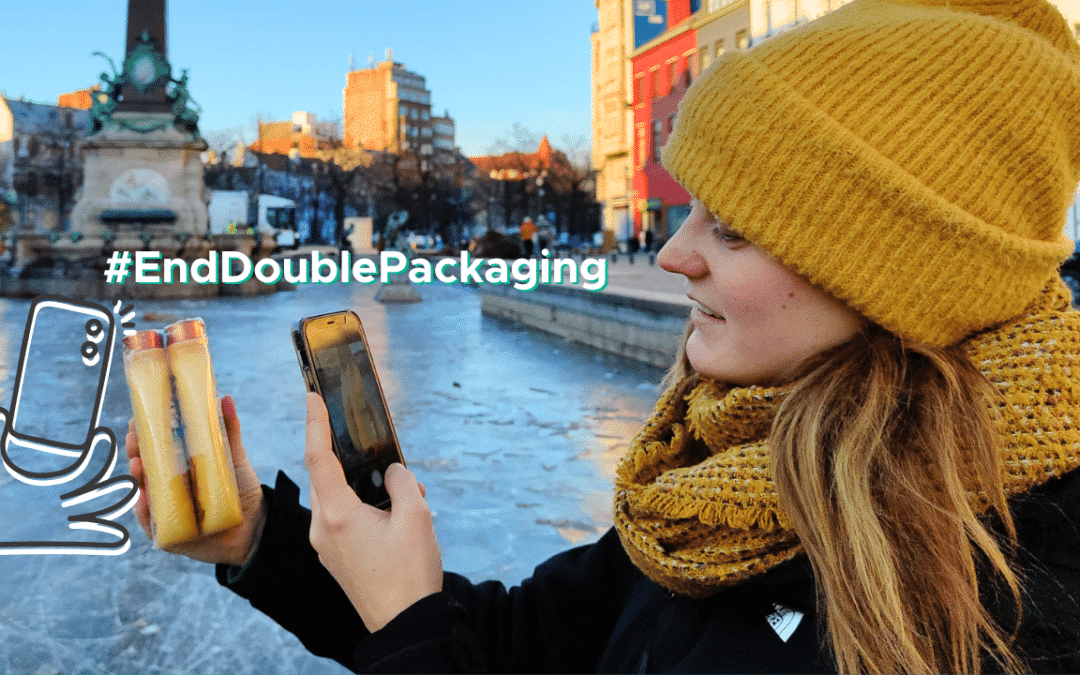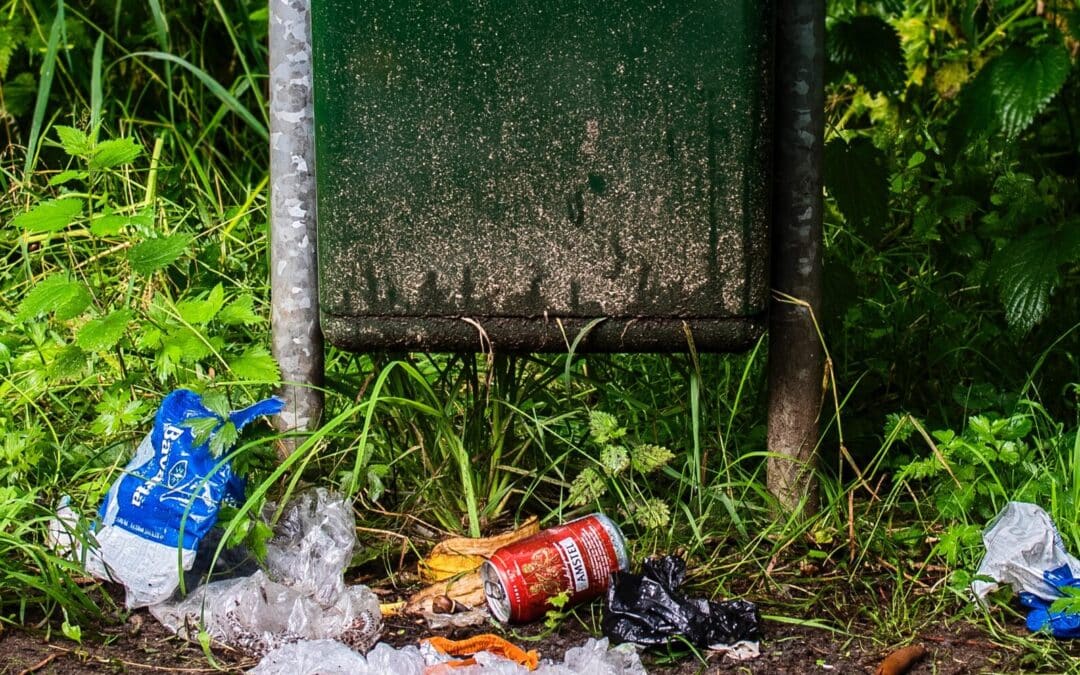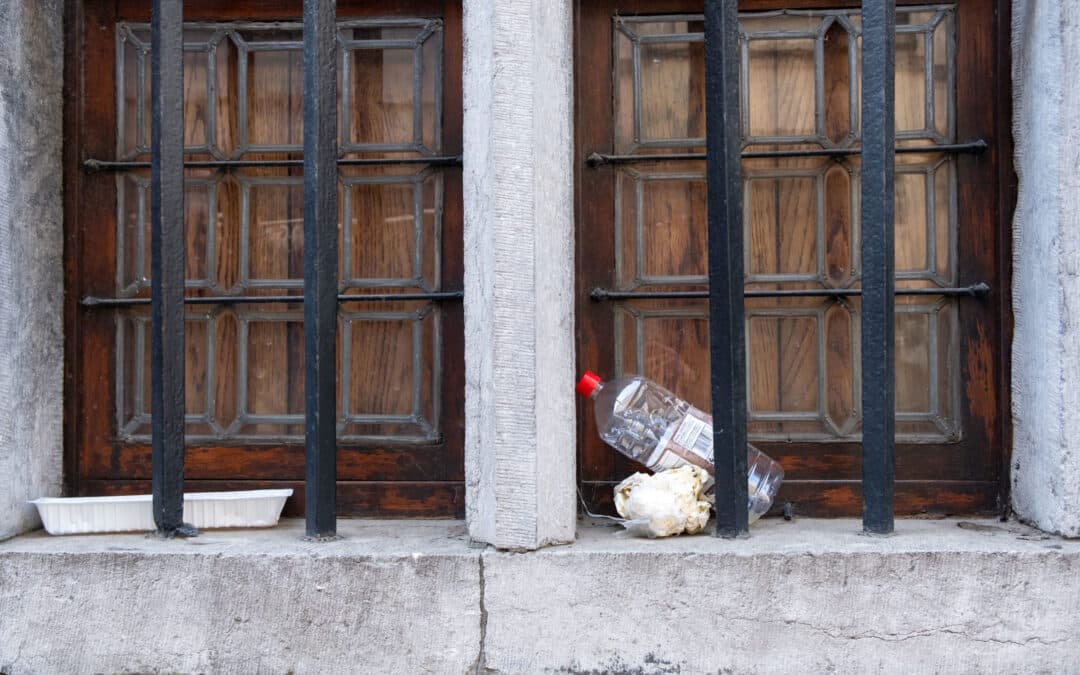In September 2017, environmental NGO Recycling Netwerk Benelux filed charges with the Public Prosecutor’s Office against the use of crumb rubber infill on artificial turf fields. The charges concern environmental offences due to the leaching of zinc, cobalt and mineral oils from the crumb rubber into the environment.
The charge was directed to the entire value chain, ranging from producers who process end-of-life tyres to crumb rubber infill, to constructors and caretakers of sports accommodations, as well as sports clubs who implement it. The prosecutor now sues Sportaal, the caretaker of sports accommodations in the municipality of Enschede.
Soil pollution
Under Dutch law, it is prohibited to pollute the soil. This is stated in the Wet Bodembescherming (Soil Protection Law). Article 13 dictates to take all measures necessary to prevent pollution of the soil. The law contains a duty of care, which obligates relevant actors to prevent pollution of the soil, and to remediate the effects of pollution whenever pollution of the soil has occurred.
In spite of several documents developed over the years by industry stakeholders to implement the duty of care, in practice, the crumb rubber infill disperses into the environment. It contaminates the soil with heavy metals, mineral oil and other chemicals of concern. Furthermore, the rubber crumbs break down into microplastics. The European Chemicals Agency (ECHA) is currently assessing crumb rubber infill in the preparation for the restriction dossier on microplastics under REACH.
The official Dutch Institute for Health and the Environment (RIVM) published its report The environmental impact of rubber infill near artificial turf fields in July 2018. RIVM concludes in the report that zinc, cobalt and mineral oil leach from the rubber granules, and can create negative environmental impact on the soil around and in the sublayers of the synthetic turf field.
Consequences
This court case can have far-reaching consequences for the nearly 2000 artificial turf fields in the Netherlands currently filled with crumb rubber.
Since there are ample alternatives at hand to implement, such as cork infill, hybrid or non-infill artificial turf fields, Recycling Netwerk hopes municipalities and caretaking organizations will take account for the total cost of ownership and consider the environmental effects when selecting materials for their sports accommodations.
The first hearing was to take place before the Meervoudig Economische Strafkamer (Economic Criminal Chamber) on the 19th of September, but was rescheduled due to illness of the counsellor who represents Sportaal.
Read also:
Tubantia, Bom onder kunstgrasvelden? Justitie vervolgt Enschede om rubberkorrels, 19 september 2019
Zembla, OM start eerste rechtszaak tegen beheerder van kunstgrasvelden, 20 september 2019



